|
Helping people feel good about doing good is an important element of engagement, but it cannot be the end-game to getting people involved in positive impact.
Is it easy to feel good about things that don't do that much good? Absolutely. Is that the best we can do? Absolutely not. The end game, and point of help, should always be about what happens for the person in need. Teaching people what effective looks like for people in need, rather than finding ways to make people feel good about attempts at help, is the real future of helping people, help people. Our work at the Just Be Nice Project is about harnessing the potential of every organisation and individual into effective impacts for those in need, while remaining engaging, relevant and worthwhile to those providing the help. There is a better way. Creating extraordinary positive change in the world, by helping people make ordinary positive change. Kanye has been lauded in a flurry of articles for the above take on social media 'likes' and 'followers'. A call to remove the visibility of followers or likes because having them on show is like having your bank account or the size of your d*^k on a shirt.
First of all, the question we would ask is; are we happy to curate and encourage a society that is ok with the fact that likes, followers, d*^k size or bank balance are reasons to judge people or be popular? Regardless of whether people can see these numbers or not, should we be teaching our children and peers that these are the true measures of success and character? Are the likes the issue here? Or is the judging of people? Is the visibility of followers and likes an issue, or the reliance on these numbers (and other arbitrary terrible measures) for self-esteem? Do we need to hide these metrics so that they become a more mysterious and rare commodity, things that we can only hint at? Hinting at success through fake designer clothes, gucci socks and copy rolex watches splashed around on social media? Or do we need to start a discussion that ignores all of that. A discussion that lauds character, contribution and understanding. A discussion that values positive contribution, effective impact, excellence, commitment, consistency and diligence. A discussion that doesn't splash Kardashians all over magazine covers but places individuals of exceptional character front and center collective consciousness. Imagine a world where everyone has a chance to express themselves fully, individually and for the benefit of others. A world where being a good person is valued, where we teach our children how to value themselves, mediate their own behaviour for the benefit of others and find ways to love themselves based on their own development of character. That is a world where likes and followers won't matter. That is a world we are striving to create. This evening we are so pleased to have Just Be Nice Project founder on Coffee and Conversations with Joanna Lee from Offbeat Agency on Radio Kanal Barcelona.
Talking all things social impact, doing good, music and why the Just Be Nice Project needed to happen to get people experiencing disadvantage the help they need, when they need it, for as long as they need it. Listen up here! Coffee & Conversations We don't believe in a world in which you are waiting to stumble across your purpose or having to choose your purpose before engaging in your life's work.
We would rather contribute to a world full of people hopeful of being able to cultivate purpose as they engage with work, turning work into their life's work. We believe that purpose is not about finding ease it is about finding impact. Impact that matters enough to you, and is relevant enough to you that you remain motivated for the long term. Purpose isn't just what you enjoy, that is why it's called purpose, not pleasure. Purpose is a combination of what you are good at, what you do every day and how it benefits others. We are here to help you take what you are good at, what you do every day and maximise your opportunity to benefit others. Somewhere between the spreadsheets of the most effective good you can do, and emotive pictures of people with very visible signs of disadvantage is the most amount of good that you are likely to do for the long term.
It is unfortunate that we live in a world where doing the most good you can do is not a compelling argument for most people. The fact that those who live in an environment of relative prosperity have an extraordinary opportunity to help those who live in abject poverty does not move everyone to act. Likewise, the marketing departments at ineffective and exploitative organisations that know the psychology of getting people to put their hands in their pockets to donate works best when those people are shown easy to understand, emotive images designed to stimulate their empathetic guilt responses. Somewhere between these two extremes is a space that accommodates the emotive needs and respects the opportunity that each individual and organisation has to utilise their hard earned skills for the benefit of others. In between spreadsheets and sad ads there is a place where positive feelings can be had as a result of good work that has been done, a reward response for work well-done rather than an alleviating of guilt incurred through the traditional 'sad ads'. We believe that, like physical fitness, doing the most good you can do is about consistency as opposed to twice a year making a three hour trip to the gym and hoping for the best. We believe that, like physical fitness, people are more likely to consistently engage in physical activities that they enjoy and that they are good at. The just be nice project is about finding the opportunities that take what people are good at and what they enjoy and using those opportunities to have the most impact for those in need, in the long term. Somewhere between spreadsheets and sad ads is the long-term opportunity to not only have positive impact but to expose people to the realities of disadvantage and teach them that the most good they can do is by doing what they are good at. Typically changing actions is a result of consequence. Positive or negative immediate consequences are very effective at creating a short-term change in actions.
Changing attitudes takes time. Changing attitudes requires understanding. If we only offer consequences as a means to change short-term actions, we will never get the chance to educate people to understand the need for change. If we begin by educating people, teaching them about the need for change, then their actions will change over time, and the changes will be long-term. It might take longer to change attitudes, but it’s worth it. Consider the example of a speeding driver, doing 107km on a freeway, slowing down under bridges, past parked cars and speed cameras. The consequence of a potential fine changes their short-term action, but it hasn't changed their fundamental understanding of the dangers of speeding. If we had the opportunity to educate the driver to understand the dangers of speeding, we stand a better chance of changing their attitude and actions in the long-term. Change making is not a short-term endeavour, it shouldn't be treated as one. The 2018 Employee Insights Report from SunSuper indicates several interesting findings about the perceived economic situation of Australian employees currently.
In terms of stressors for employees; 40% of employees are stressed by lack of financial security, 35% of employees are stressed by managing household finances and bills; And 29% report stress about a lack of savings for retirement. These numbers might sound high during a period of relative economic prosperity, but the truth is that we see economic distress and risk of economic distress as a major factor affecting the mental health, housing security, health and well-being and equality of opportunity for millions of Australians currently. The reality is, 2.9 Million Australians live below the poverty line right now, over 1 in 10. These are a large collection of individuals, families and communities that are largely out of sight. Not experiencing the typical visible disadvantage that we associate with the advertising campaigns of non-profit organisations. These people are most at risk of poor health, low levels of education, higher rates of mental health issues and lower life expectancies than the rest of us. They are the communities that are on a knifes edge, bordering on homelessness, skipping meals and unable to provide equality of opportunity for their children. They are the elderly community members who are out of sight and out of mind, unable to physically do all the things they used to be able to do, unable to pay someone to help. Eating poorly, being lonely, missing out on a chance to contribute and be a vibrant part of a community. They are those suffering from disabilities that aren’t supported in a way that allows them to thrive, guiding them towards their fullest potential for happiness, health and community contribution. At the Just Be Nice Project we address economic stressors in two major ways; 1 – Decreased cost of living. Addressing areas where we may be able to consolidate costs, debt expenses, budgets, food/utilities and vehicle costs. 2 – Increased earning capacity. Through education, training, engagement and industry-led employment pathways with out partner organisations. We find or create innovative ways to improve the earning capacity of those suffering economic distress. Through diverse, integrated, long-term partnerships, we are able to create appropriate and effective interventions to develop individuals and communities into contributing, effective beacons of equality of opportunity. Moving from Severe Economic Distress to Severe Economic De-Stress. If you are interested in finding out how you, or your organisation can better impact the lives of the millions of Australians suffering from and inequality of opportunity, get in touch via the contact form below. We are often asked about the difference between 'Being Nice' and 'Doing Good'.
Put simply; Being nice is about what you do. You are in control of how nice you are, and when you do something for someone else it's because you feel compelled too, so you engage in some positive action in their direction. That is being nice. Doing good is about what happens for the person or persons you are helping. Doing good implies that good happened for the person who needed help. Good based on their needs. Being nice is you doing something. Doing good is something happening for someone else in need. It is possible to do good without necessarily being nice, and it is possible to be nice without doing good although ideally we would like to see people doing both. We are called the Just Be Nice Project because it is possible for everyone to be a little bit nicer right now. While we believe that being nice is accessible to every person. We also believe that when we combine the desire to be nice, with the skills and resources of talented individuals and organisations we can do incredible amounts of good. We are here for all those who agree.
As I wrap up another fantastic trip to Sydney, spending time with wonderful humans, doing the work that means so much to me as the Founder of the Just Be Nice Project, I am sitting in the Virgin Lounge at Sydney Airport feeling compelled to write about an experience I had only a couple of hours ago.
As I was walking to the train station to head to the airport, dragging my bag through Kings Cross, past the iconic water fountain, I noticed a man walking the other way. It's hard not to notice Colin, he is 6'5 for a start, but I wasn't expecting to see him and it took a moment for me to recognise him. In my head I thought "Oh, how strange, there's Colin, didn't expect to see him here." I was dragging my bag, listening to a podcast on my headphones, thinking about getting the train and, to be honest, I was thinking about a scene in the ABC show Rake, where the characters are dancing in the very fountain I was walking past. Only a couple of steps after realising it was, in fact, Colin, I thought to myself, I should stop him and thank him for attending the PROFIS lunch on Friday. Thank him for being a part of an event that supports the Just Be Nice Project." By the time I had finished the thought and got my headphones out we had passed each other and he was off (on his long legs). I missed an opportunity for a thank-you. A very real, sincere and genuine thank-you. All because I was not walking around at that moment, looking for reasons to thank people in general. I was plugged into my phone, I was thinking about my own sweaty back and how I was going to catch a plane and do all the things I needed to do still today. I missed the opportunity and I shouldn't have. I write this because I think it is important to notice when we are too caught up in our own heads that we miss opportunities like that, to thank other people. I often go out of my way to thank people, but what good is that, if at the same time I pass people in the street who deserve a handshake and a "Cheers mate" eye to eye. Regardless, I will keep an eye out for Colin when I am next in the Cross, and needless to say, I won't miss the opportunity twice. It isn't often we publicly admit to ourselves or to others, moments where we could have done better. So now I am doing it. I missed an opportunity and I will continue to do my best to not miss them in the future. To cultivate an attitude and standing that involves looking for even more opportunities to give thanks and encouragement where I see it, at the time of seeing it. I would encourage everyone to do the same. Just Be Nice Project Founder; Josh Reid Jones. Oh, and when I next see Colin, Matt, Andrew, Alexander, Izzy, Luke, Woody, Sally, Vanya or any of the other amazing legends who put in the effort to support the JBNProject this weekend, we'll have a beer on me. Thanks again. When thinking about the point of education, work or even life in general, it is a beneficial exercise to ask yourself "What is the point of all of this?". We believe that the 'point' of it all has been expressed brilliantly already by one Woodrow Wilson;
You are not here merely to prepare to make a living. You are here in order to enable the world to live more amply, with greater vision, and with a finer spirit of hope and achievement. You are here to enrich the world and you impoverish yourself if you forget that errand. -Woodrow Wilson. If you feel like you have forgotten that errand, the errand of enriching the world around you to live more amply, then let us know. We would love to help you realign your efforts to benefit you and the world at large with your talents. |
Just Be NiceA collection of articles relevant to pursuing the effective execution of altruism in the search for equality of opportunity. Archives
February 2020
Topics
All
|
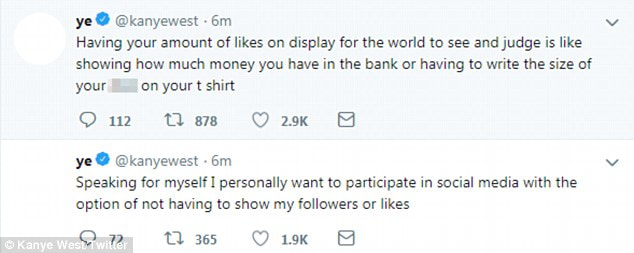
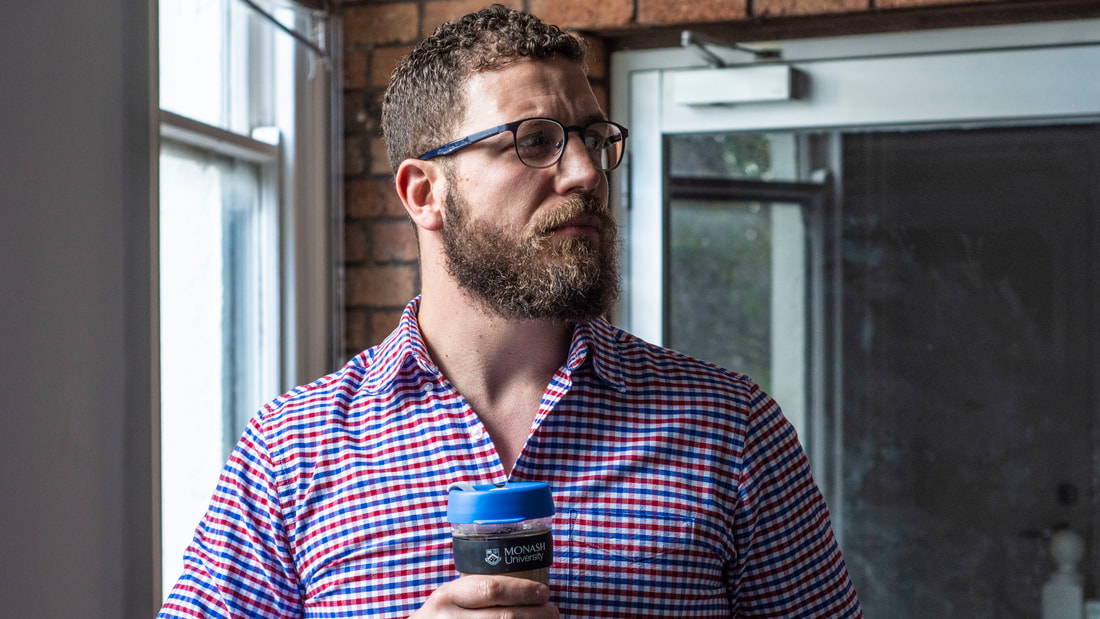
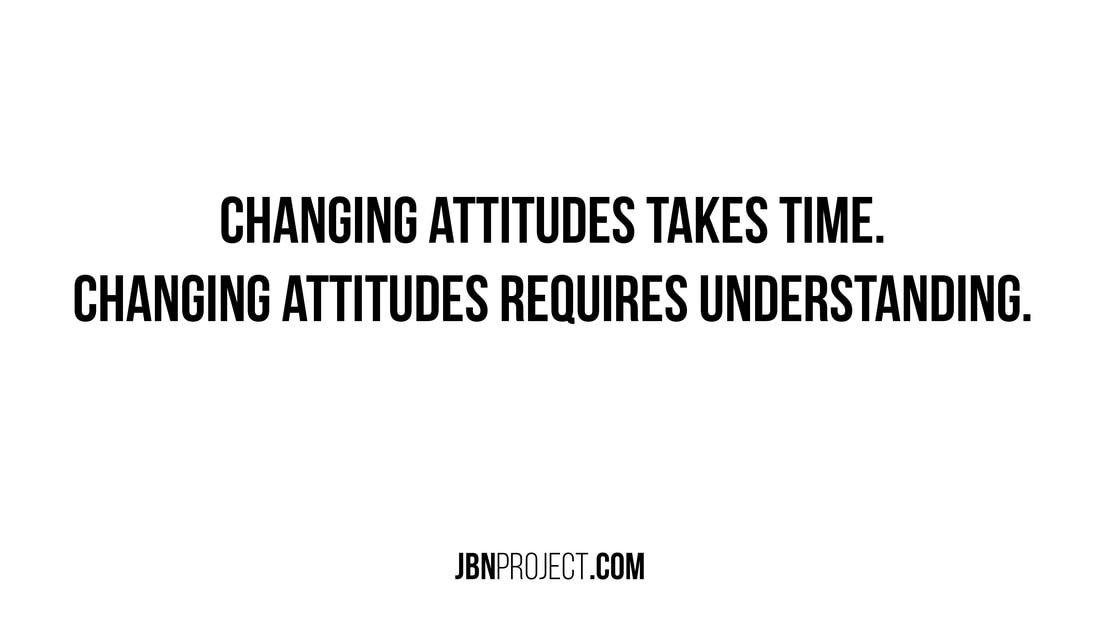
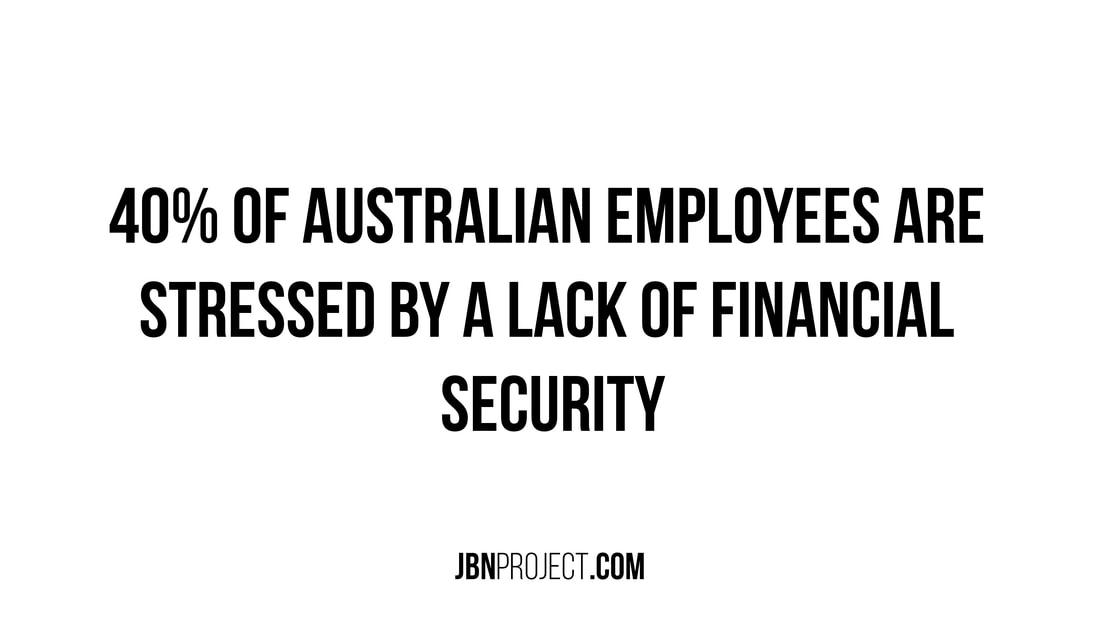
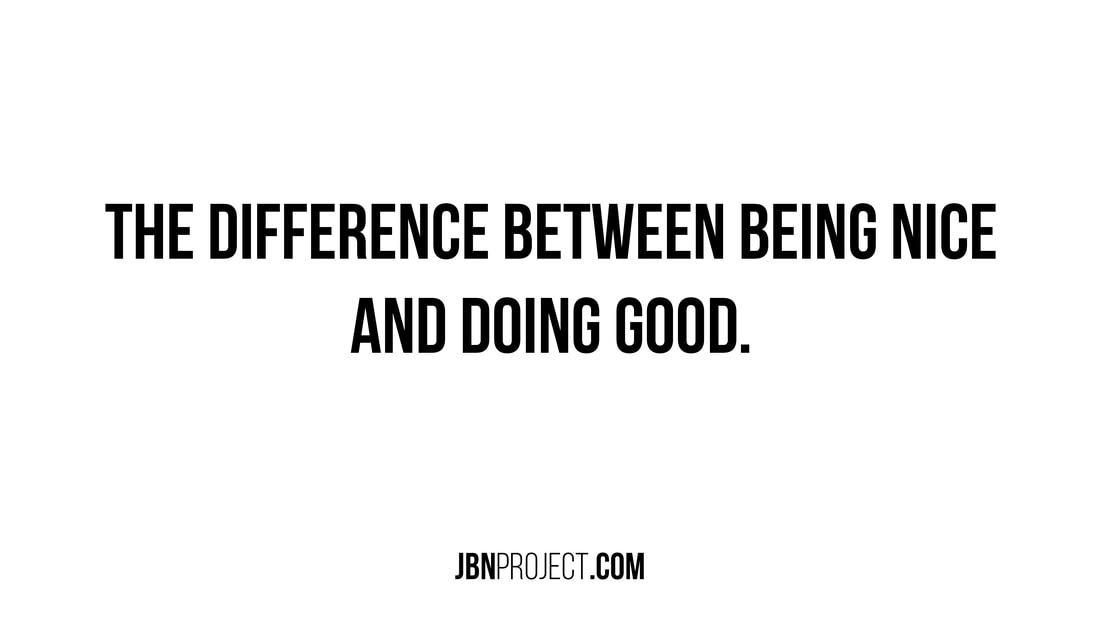
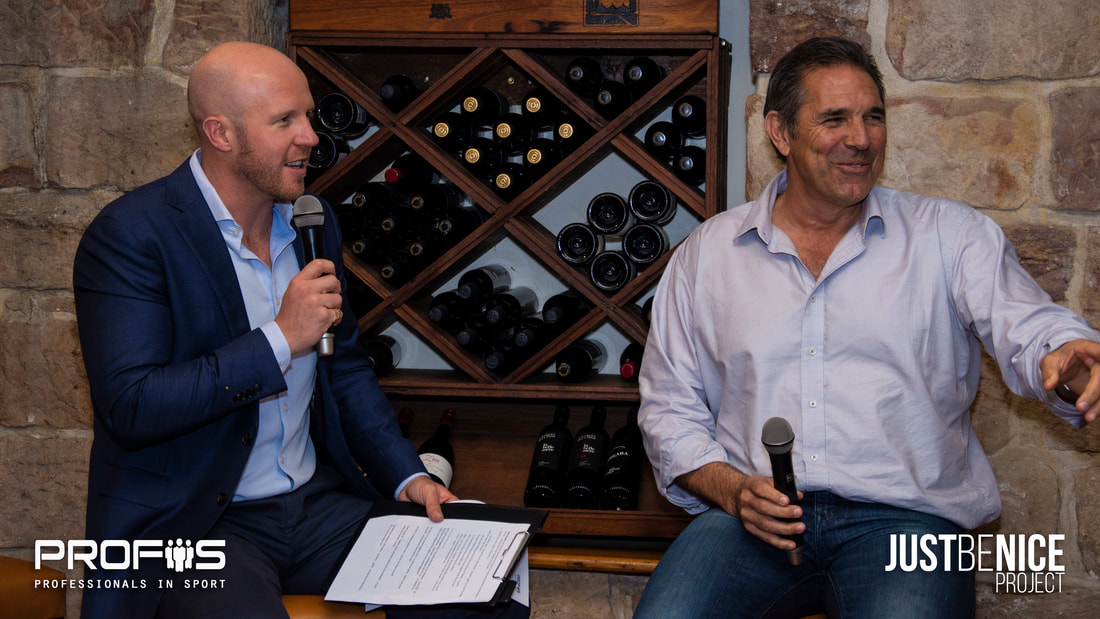
 RSS Feed
RSS Feed